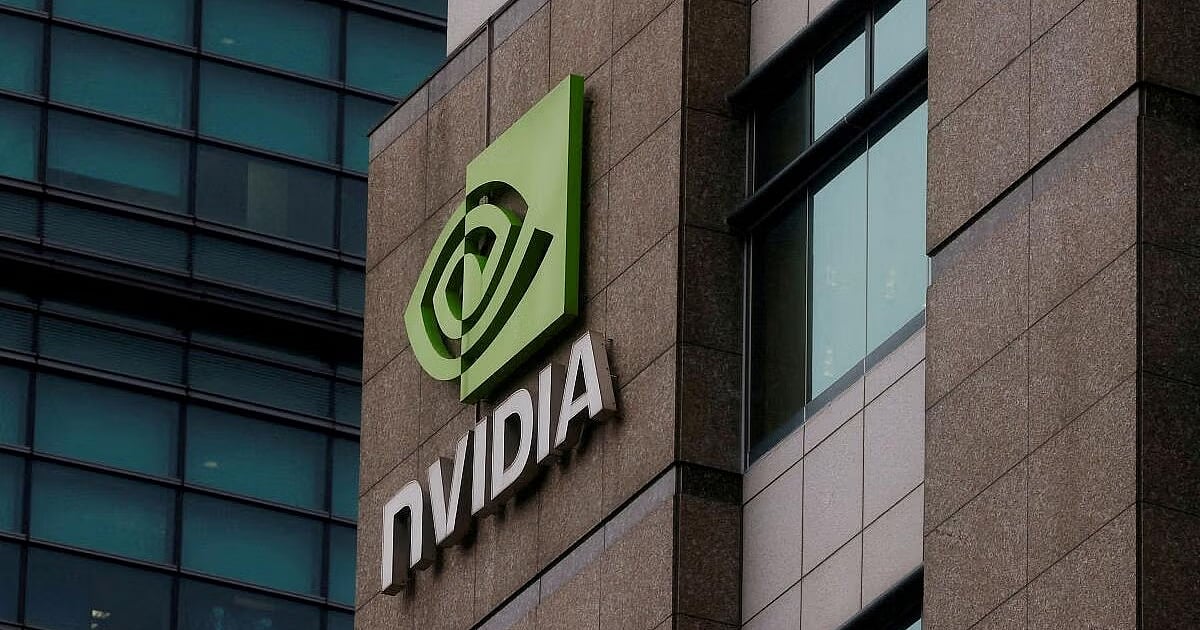
- Select a language for the TTS:
- UK English Female
- UK English Male
- US English Female
- US English Male
- Australian Female
- Australian Male
- Language selected: (auto detect) - EN
Play all audios:
NEW YORK-In an attempt to raise funds for a worldwide, low-earth-orbit satellite-based digital telecom system, Globalstar L.P. announced plans to sell $200 million of senior notes due 2004
in an exempt-from-registration offering. Globalstar hopes to build and launch 56 LEO satellites, as well as gateways that interconnect their signals to terrestrial wired and wireless service
providers. The system has an estimated cost of $2.5 billion, with about $2 billion financed to date. That funding includes $900 million of preferred and common securities, $250 million of
bank debt guaranteed by Globalstar partners, $310 million of vendor financing from Space Systems/Loral and about $700 million of senior unsecured debt. Should Globalstar not raise the
additional funding, its partner, Loral, which owns 38 percent of the company on a fully diluted basis, has publicly stated it would provide back-stop financing. Moody’s assigned a B3 rating
to the notes, which also applies to the existing $500 million of 11.38 percent senior notes, offered in February. Standard & Poor’s rated the notes B. The speculative ratings reflect the
project’s high risk. Other than the lack of income and need to raise additional financing for the developing business, Moody’s rating reflects the potential technological and launch
difficulties ahead, as well as the need to rapidly build the subscriber base required to support the debt and fund the next wave of satellites. Standard and Poor’s cited the start-up nature
of its operations and the integration of advanced technologies on a commercial basis, as well as the launch uncertainties. The satellite launches are planned to begin the second half of this
year and, if all goes well, public service will be underway in late 1998. Satellite launches are hardly sure things. McDonnell Douglas Delta and Ukranian Zenit launch vehicles, which are
both scheduled to launch Globalstar satellites, each have experienced a failed launch this year. The satellites themselves have a minimum useful life of 7.5 years, after which they will need
replacing at some point. Moody’s estimated that Globalstar must average at least 1.25 million subscribers in this time, generating a minimum of 100 minutes of use per month, to cover
operating and interest expenses, as well as to fund satellite replacement. Globalstar’s plan is to require minimum payments equal to 50 percent of target revenues from its international
strategic partners to retain their franchises. Standard and Poor’s gave kudos to Globalstar for meeting specific milestones that may result in the company beating competing LEO satellite
systems first to the market.










